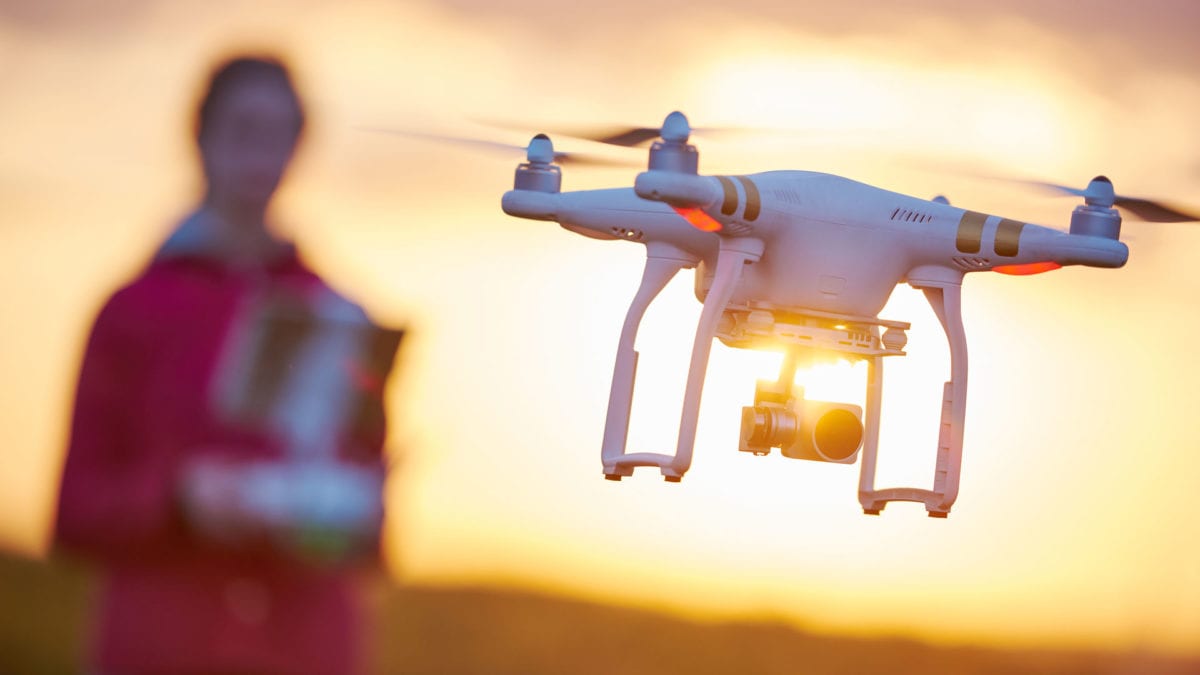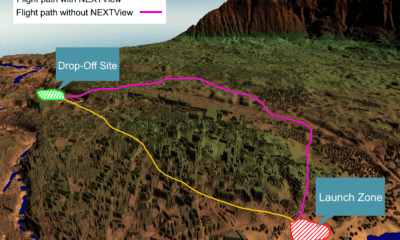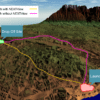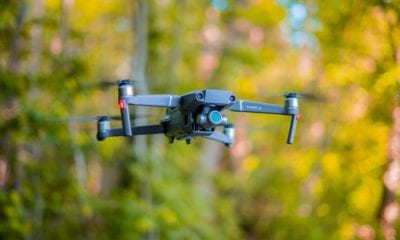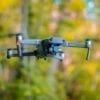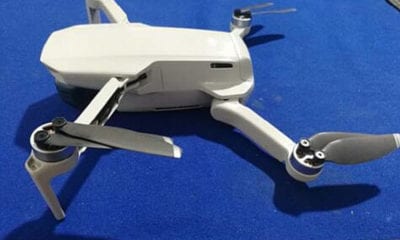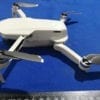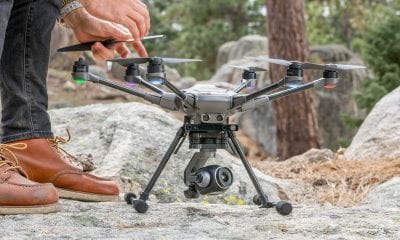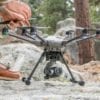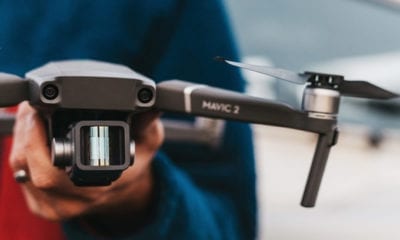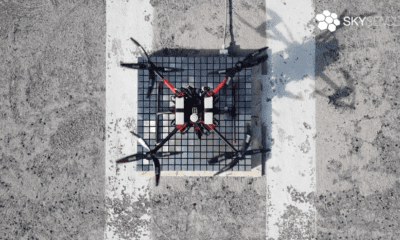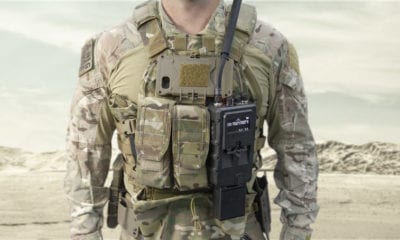Brands
Global Drone Market Worth $14 Billion by 2030
Market Triples
Drones are ever increasingly being used by industry, from agriculture, construction, energy to mining. Theses industries use drones to survey sites and transmission lines, among other things. Use in agriculture, for spraying crops and analyzing fields, ranks second as per a recent study conducted by Teal Group.
The study also predicts that the global non-military drone market, dominated by manufacturers in China, will triple in size to $14.3 billion in sales over the next decade.
Chinese manufacturers supply three-quarters of the world commercial and consumer markets by unit, said Phil Finnegan, an analyst at the Teal Group amidst heightened security concerns from the United States and private U.S. companies that Beijing could access sensitive data and footage collected by Chinese-made drones.
The Department of Homeland Security warned U.S. firms of the risks to company data from Chinese-made drones, in May.
The U.S. Army in 2017 stopped its usage of DJI drones. The Senate version of the National Defence Authorization Act includes a provision to block the Defence Department from using Chinese drones.
Cape Picks Skydio
Cape, a California-based company that sells drone software to various law enforcement agencies, said on Wednesday that it would “cease all integration” with DJI and other Chinese drone makers.
Chinese drone manufacturer DJI, however, called the security concerns “false” and “misguided.” DJI customers have “full and complete” control of their data, said spokesman Michael Oldenburg in a phone interview.
Cape, a Redwood City, California-based start-up, plans to inform customers that it will stop selling software compatible with Chinese drones to its clients, most of whom use the tools to remotely dispatch and operate the small aerial vehicles to survey possible incidents or crime scenes. A supplier of drone technology to dozens of state and local law enforcement and public safety agencies, located in the U.S. and a handful of other countries, will stop working with Chinese drone manufacturers, citing security concerns. Apart from this being a blow to DJI the ban has resulted in American companies relying on global supply chains have seen their costs increase, while Chinese technology companies are increasingly viewed with suspicion in the U.S.
Chris Rittler, Cape’s chief executive officer said that “The statements from different federal agencies have caused partners and prospective customers to have concerns,” said. “That’s real.”
But Cape runs the risk of hampering its own business, at least in the short term in blacklisting Chinese drones. DJI currently accounts for every single drone that runs Cape’s software commercially. Cape will begin asking new customers to choose from a list of approved manufacturers that, for now, has only one name on it: Skydio Inc.
DJI Defends
In a letter DJI sent to a Senate subcommittee last month, the company denied charges that it sends video footage abroad and said it has built custom drones without internet capabilities for use in government projects. It blamed criticism on a desire to squelch competition from China.
This month, the Interior Department published its analysis of DJI’s drones designed for government use. The agency recommended approving DJI’s products but suggested limiting their use to non-sensitive missions involving data that could safely be made public. One reason the department cited for approving DJI was the lack of any viable domestic alternatives.

